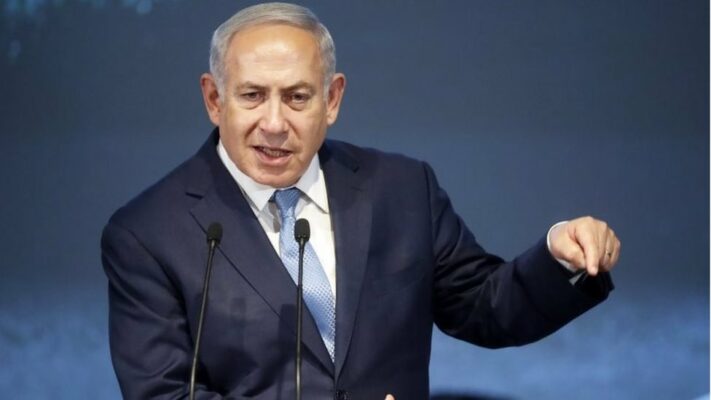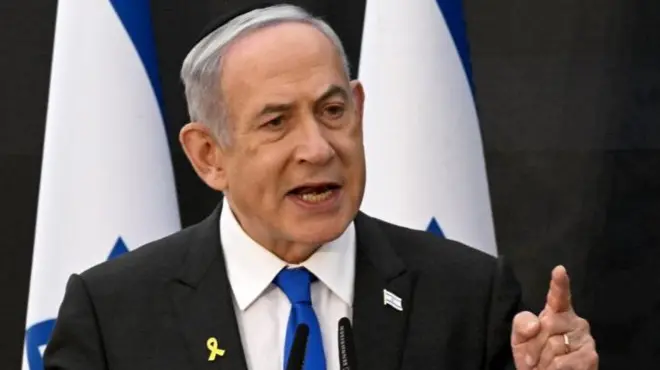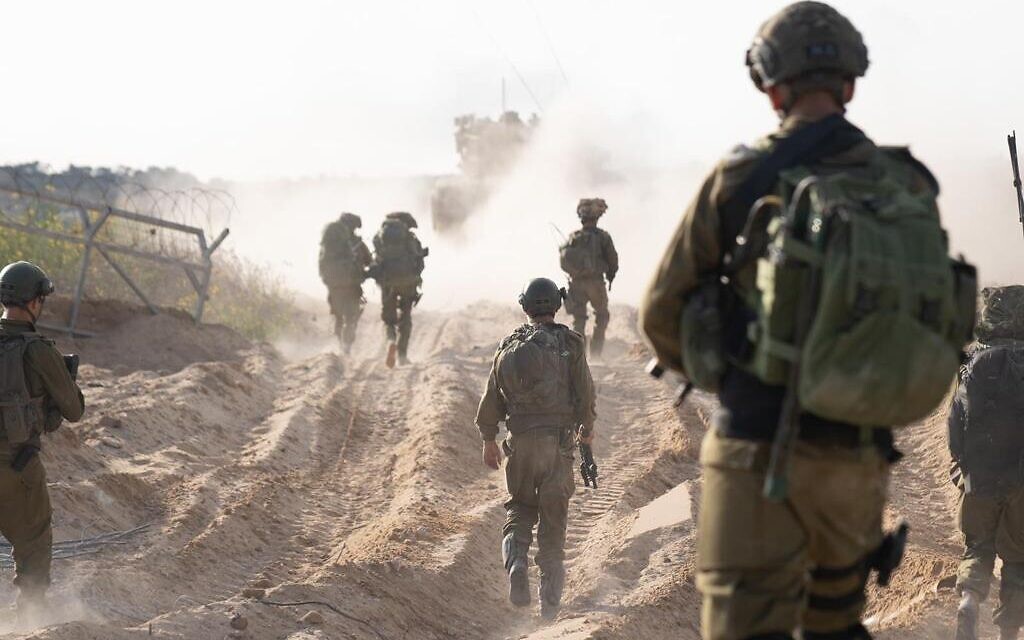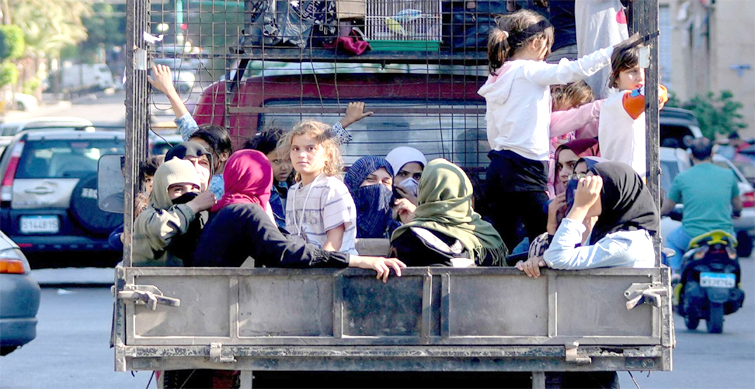For war crimes, then, who does the International Criminal Court want to detain? Benjamin Netanyahu, the prime minister of Israel, and Yoav Gallant, his former defense commander.

The only real-world impact of the warrants will be to stop Mr. Gallant and Mr. Netanyahu from visiting nations that have promised to enforce them, as Israel is not a member of the ICC. We say perhaps because nations have previously pledged to enforce ICC arrest orders but have disregarded them when it suits them.Canada and a number of European nations have indicated that they would enforce the most recent arrest warrants, while others have objected.
However, the arrest orders damage the ICC’s reputation and support claims of selective prosecution and hypocrisy.
The ICC is joining tyrants and authoritarians who murder without consequence with the elected leaders of a democratic nation with an independent judiciary. Israel responded to the October Hamas attack by going to war. 7, 2023, which resulted in the deaths of 1,200 Israelis and the capture of 250 more, of whom about 100 are still in captivity. The ICC’s arrest order for Hamas leader Mohammed Deif, one of the perpetrators of that slaughter, who was most likely killed in an Israeli bombing months ago, appears to be more false equivalency than true balance.
The Gaza Health Ministry, which does not differentiate between civilians and fighters,
reports that over 44,000 innocent Palestinians have been killed and crippled in Israel’s 13-month battle against Hamas. According to the report, women and children have accounted for almost half of the deaths. Even if the Israeli military’s claim that it has killed 17,000 terrorists is true, it suggests that over 60% of those killed were noncombatants. Hamas is responsible for hiding its weapons and command centers in tunnels beneath inhabited areas and for taking refuge among civilians. However, Israel must accept responsibility for the number of civilian casualties since it is a democratic nation dedicated to upholding human rights.
Allowing humanitarian aid to reach the millions of Palestinians who have been uprooted and are experiencing a severe food scarcity that verges on famine is another duty Israel has. The Israeli government has failed in this regard. The State Department noted some recent progress, including a successful polio vaccination campaign in Gaza, the reopening of another border gate, and an increase in the number of relief trucks permitted in during the previous month, but declined to impose sanctions on Israel for obstructing aid delivery.
However, according to a Post analysis, Israel has mainly failed to meet the three key requests of the U.S. government:
an end to Israel’s isolation of the populated northern Gaza region; entry to Gaza for commercial vehicles; and a flood of humanitarian aid rather than a trickle. Indeed, if Hamas had agreed to a cease-fire agreement to release the other hostages, relief could have arrived more swiftly, but instead, Hamas demanded that all Israeli forces leave Gaza and that hostilities end permanently.

Israel’s military actions in Gaza require accountability. There will undoubtedly be Israeli judicial, legislative, and military commissions of inquiry following the conflict’s conclusion, which is long needed. The lively, independent media in Israel will do its own research. Due to allegations of mistreatment of Palestinian detainees, a few Israeli reserve troops have already been placed under custody. There will be more research. When nations lack the resources or procedures to conduct their own investigations, the ICC is meant to step in. In Israel, that isn’t true.
The ICC and the United States have a long-standing tense relationship. Because it fears politically driven prosecutions of U.S.
service men abroad, it declines to be a party to the court. In other instances, however, like as the war crimes prosecution against Russian President Vladimir Putin for his invasion of Ukraine, it has supported and encouraged the ICC.
During his first term, President-elect Donald Trump adopted a hostile posture toward the ICC.
President Joe Biden eased the travel restrictions that Mr. Trump had placed on ICC officials and prosecutors. At a time when it is required for Russia, Sudan, Myanmar, and wars worldwide where atrocities are being perpetrated with impunity and victims have no other options, the poorly thought out arrest warrants against Israel just provide Mr. Trump another excuse to stop U.S. cooperation with the court.







